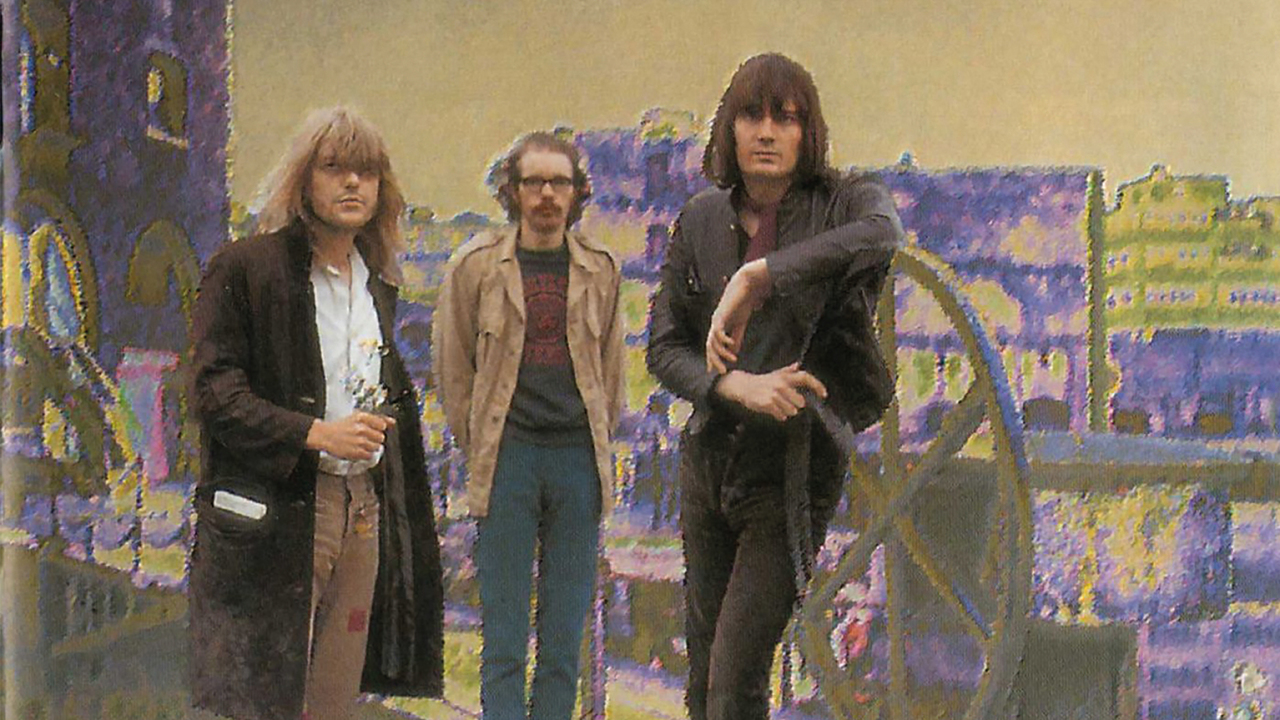Whenever a band’s early demo tapes are released, it’s tempting to think that unearthing such items from the past will inevitably shed light upon the future outcomes of the players concerned.
This is especially true when it comes to The Wilde Flowers, a 60s beat combo from the south east of England whose members included Pye Hastings, Richard Coughlan, Richard Sinclair, Robert Wyatt, Hugh and Brian Hopper, Kevin Ayers et al. The group’s the starting point of any history of Caravan and Soft Machine, and so many myths and legends have been uttered about them over the decades that they often appear to exist in a perpetual glow of sentimentality and imagination.
Sifting through admirable two-disc set The Wilde Flowers, half of which was originally issued in 1994, the reality is a touch more prosaic. In the end, this is the sound of young men getting to grips with their instruments using varying degrees of testosterone and technique, and tinkering with the mechanics of songwriting as they attempt, somewhat unevenly, to come up with a decent pop tune. Inevitably, the results are understandably flawed, sometimes fatally so, but they aren’t without charm.
It’s the sound of men getting to grips with their instruments.
Hearing Richard Sinclair singing the nascent Soft Machine piece A Certain Kind, or the five-minute bluffer’s guide to free jazz Man In A Deaf Corner (by the Hopper Brothers, Wyatt and Mike Ratledge in 1962), sends the needle of the Canterbury curiosity-o-meter into the red. Amid stilted Midi backing, two remakes from 2003 – The Pieman Cometh and Hope For Happiness, featuring Wyatt and Brian Hopper – add a vicarious but non-essential novelty to this package. It’s for hardcore collectors only, but thanks are due to Hopper, whose curation of these archive recordings, with their copious sleeve notes, provide an affectionate account of adolescent ambition.
By the time Hugh Hopper, Robert Wyatt and Mike Ratledge played Amsterdam’s Paradiso in 1969, they were in their mid-20s, had just recorded Volume Two and were brimming with both the energy and instrumental skills to match the scale of their musical appetites. Heavily bootlegged and well known to seasoned Softs fans, Live At The Paradiso is a straight, no-frills reissue of the CD first released in 1995. Familiarity, however, does not diminish its content. The rhapsodic flourishes of Ratledge’s distorted organ barrages retain their capacity to shock and awe. A power trio in every sense of the phrase, they collectively push themselves and their chosen material hard. In a continuously evolving 40-minute stream of consciousness that never baulks from asking searching questions of what rock-based improvisation might achieve, the answers are very often inspirational.

